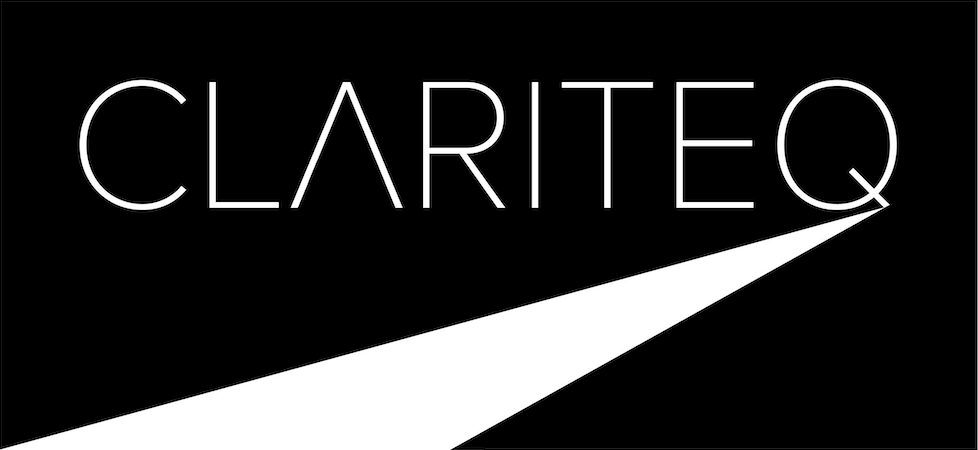The T-Shaped Professional – Achieving Data Management (or Business Process) Goals by Other Means
Organisations increasingly value individuals with deep expertise in a specific discipline, such as Data Modelling, Analytics, or Machine Learning, but also with skills in other areas. These other skills aren’t necessarily at the expert level and must be complemented by two essential “soft skills” before the whole package works. This is the so-called and often misunderstood “T-shaped skill set” – depth plus breadth plus the social skills that are at the heart of the concept. Applying skills outside your data-related expertise is often an excellent way to achieve your core Data, Business Process, or Business Analysis goals.
We’ll introduce the essentials of being “T-shaped,” including the soft skills that are at the heart of the concept. Then, we’ll cover real-life examples of core goals being achieved by applying other skills. Useful tips and frameworks will be provided for each of them, with emphasis on these four:
Business Processes: how to take advantage of the connection between business processes and enterprise data.
Application Requirements: why the data perspective is absolutely crucial in both purchased and custom software implementations.
Facilitation: how some of the fundamental techniques employed by a skilled facilitator can raise data management awareness.
General Business Frameworks: Frameworks such as the four quadrants of corporate culture, the impact of paradigms, the enablers of organisational change, and the strategic differentiator have all contributed, often in surprising ways, to achieving Data Management goals.
One-sentence description
Alec explains the importance for Data or Business Process professionals (you choose) of the “T-shaped” concept, which emphasises a deep skill in one area which is made more useful by combining with a breadth of skills in other areas, especially some critical “soft skills.”
